Natural Ways to Combat Sleep Apnea at Home Without CPAP
Jun 26th 2023
Sleep apnea, one of the prevalent sleep disorders, is characterized by recurring periods of paused breathing during sleep. These pauses can last several seconds to minutes, significantly disrupting a person's sleep cycle. The most common types include Obstructive Sleep Apnea (OSA) and Central Sleep Apnea (CSA). While OSA results from airway blockage, CSA involves the brain's failure to signal the muscles that control breathing. Sleep apnea can cause serious complications like high blood pressure, heart issues, type 2 diabetes, and more if untreated.
Understanding CPAP Therapy
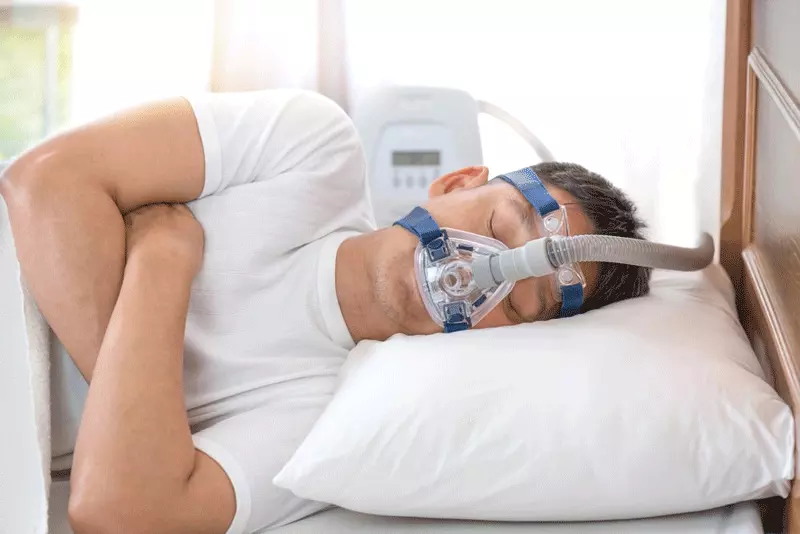
The initial course of treatment for sleep apnea frequently involves Continuous Positive Airway Pressure (CPAP) therapy. It entails covering the mouth or nose with a mask that continuously blows air into the airway to keep it open. Despite its effectiveness, some patients find CPAP intolerable because of problems including discomfort or claustrophobia.
Natural Ways to Alleviate Sleep Apnea Symptoms
Weight Management
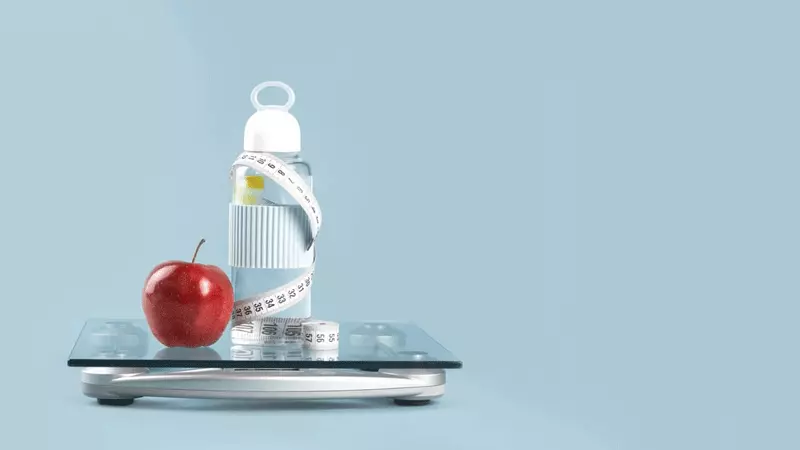
Obesity around the neck can tighten the airway and exacerbate sleep apnea symptoms. Therefore, weight management plays a crucial role in combating sleep apnea. Regular exercise and a nutritious diet will help you lose weight and lessen your sleep apnea symptoms.
Regular Exercise
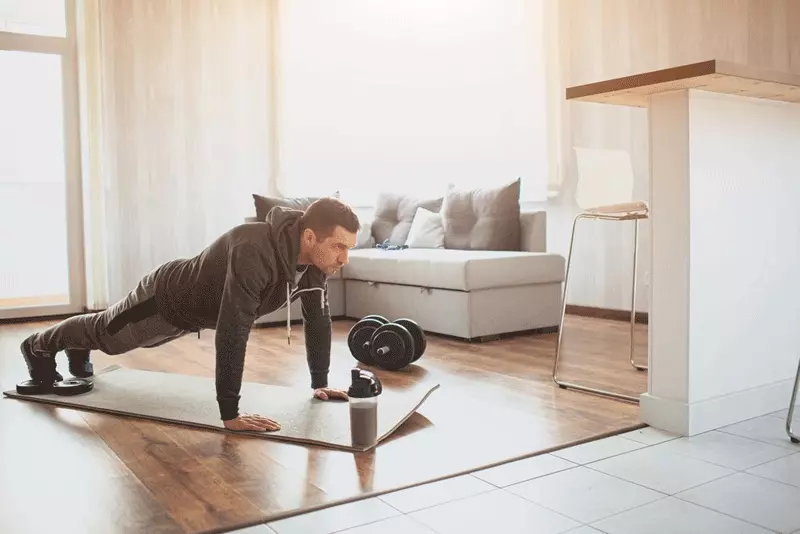
Exercise can reduce the severity of sleep apnea even without significant weight loss. Regular physical activity can improve the tone of the muscles that control breathing, resulting in better sleep quality.
Healthy Sleep Habits
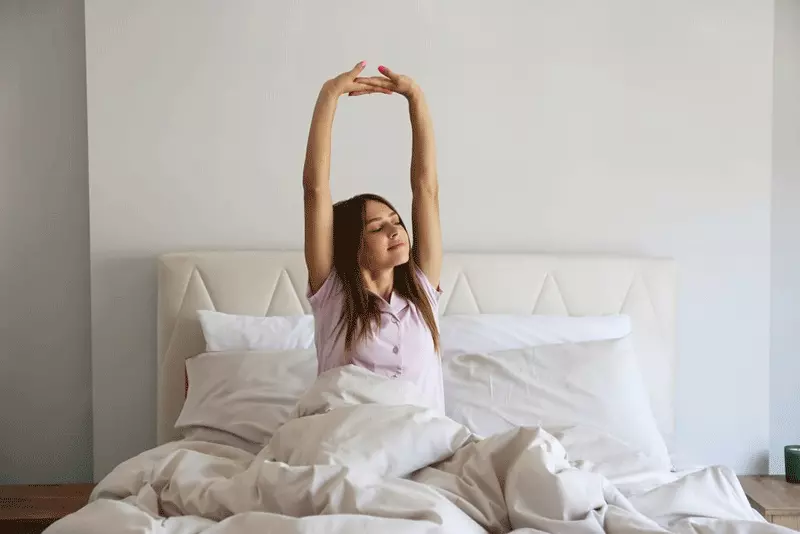
Developing good sleep hygiene is another natural remedy for sleep apnea. Maintaining a regular sleep schedule, ensuring a quiet and comfortable sleep environment, and adopting an optimal sleep position, such as sleeping on the side, can alleviate symptoms.
Smoking and Alcohol

Alcohol and smoking can worsen sleep apnea. Alcohol relaxes the throat muscles, leading to a higher chance of airway obstruction. Meanwhile, smoking can cause swelling in the airway, increasing sleep apnea risk.
Breathing Exercises
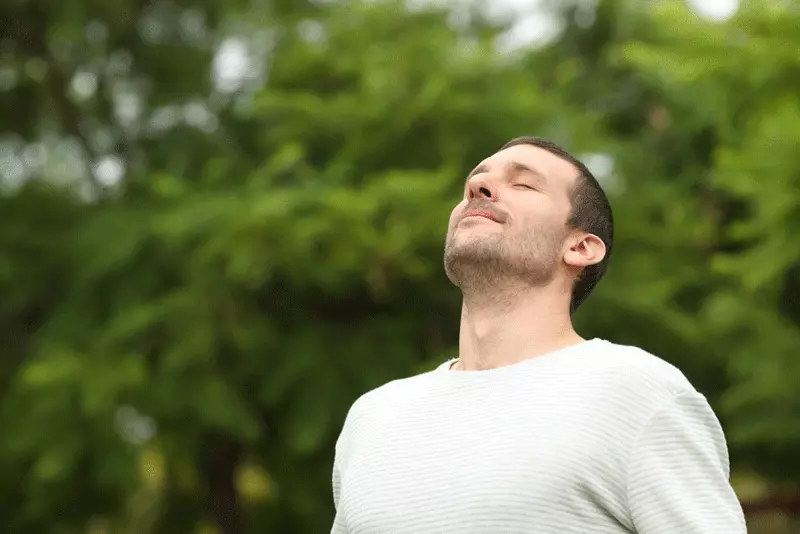
Practicing breathing exercises can improve the strength and control of your respiratory muscles. Techniques like diaphragmatic breathing or yoga-based breathing exercises like Pranayama can benefit.
Diet Modifications

Certain dietary changes can also help manage sleep apnea symptoms. Reducing the intake of caffeine and heavy meals before bedtime, increasing fiber consumption, and maintaining a balanced diet can promote better sleep health.
Alternative Treatments and Techniques
Oral Appliances
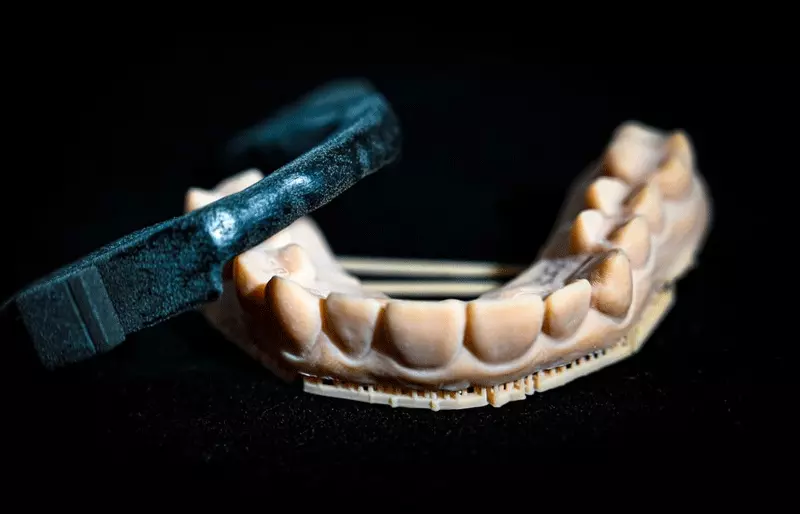
For example, mandibular advancement devices (MADs) are oral appliances that keep the throat open and can be a good substitute for CPAP.
Positional Therapy
Certain sleeping positions can minimize the occurrence of apnea events. Positional therapy involves altering sleeping positions, such as avoiding back sleep, to maintain an open airway.
Acupuncture
While more research is needed, some studies suggest that acupuncture could help alleviate sleep apnea symptoms by influencing the muscles and nerves involved in breathing.
Yoga and Meditation
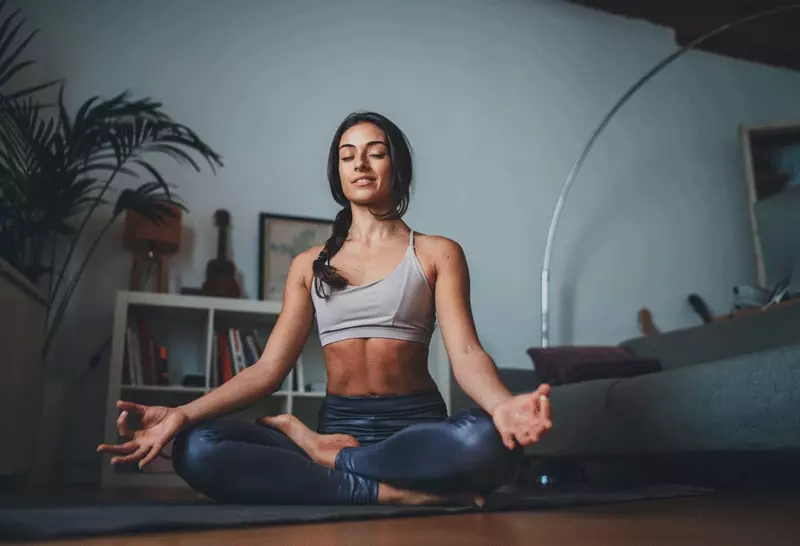
Yoga and meditation can improve respiratory strength and control, promote relaxation, and improve sleep quality, making them potential supplemental therapies for sleep apnea.
Hypoglossal Nerve Stimulation
Hypoglossal nerve stimulation is a fairly new treatment for OSA. It involves surgically implanting a device that stimulates nerve-controlling tongue movement, preventing the tongue from blocking the airway.
When to Consult a Doctor
While these natural remedies can help manage sleep apnea symptoms, they may not provide a complete cure. Therefore, it's crucial to consult with a healthcare professional if symptoms persist.
Conclusion
Sleep apnea can significantly impact an individual's life. However, many natural remedies and lifestyle changes can help manage its symptoms. Individuals with sleep apnea have various options beyond CPAP therapy, from maintaining a healthy weight and exercising regularly to practicing good sleep hygiene and considering alternative treatments. But remember, these remedies should be discussed with a healthcare professional to ensure they are safe and effective for your specific condition.
Frequently Asked Questions
Can sleep apnea be cured without a CPAP machine?
While CPAP is a common and effective treatment for sleep apnea, some individuals find it uncomfortable. Alternative treatments, like oral appliances, positional therapy, or even lifestyle changes, can help manage sleep apnea symptoms. However, discussing these alternatives with a healthcare provider before stopping CPAP use is important.
How can I improve my sleep apnea naturally?
Natural methods to improve sleep apnea include weight management, regular exercise, quitting smoking, limiting alcohol intake, practicing good sleep hygiene, and dietary modifications. Breathing exercises used in yoga can also be beneficial.
Can losing weight cure sleep apnea?
In overweight individuals losing weight can significantly reduce the severity of sleep apnea. However, it is not necessary that not all cases of sleep apnea are linked to weight, and weight loss may not eliminate the condition.
Can positional therapy help sleep apnea?
Yes, positional therapy, which involves changing your sleep position, can help reduce sleep apnea symptoms. It's often recommended that individuals with sleep apnea avoid sleeping on their backs.
Can I make dietary changes to help with my sleep apnea?
Avoiding heavy meals, caffeine, and alcohol before bedtime can help reduce sleep apnea symptoms. A balanced diet promoting weight management can also be beneficial. Remember, while this article provides suggestions, consult a healthcare provider for personalized advice and treatment.
